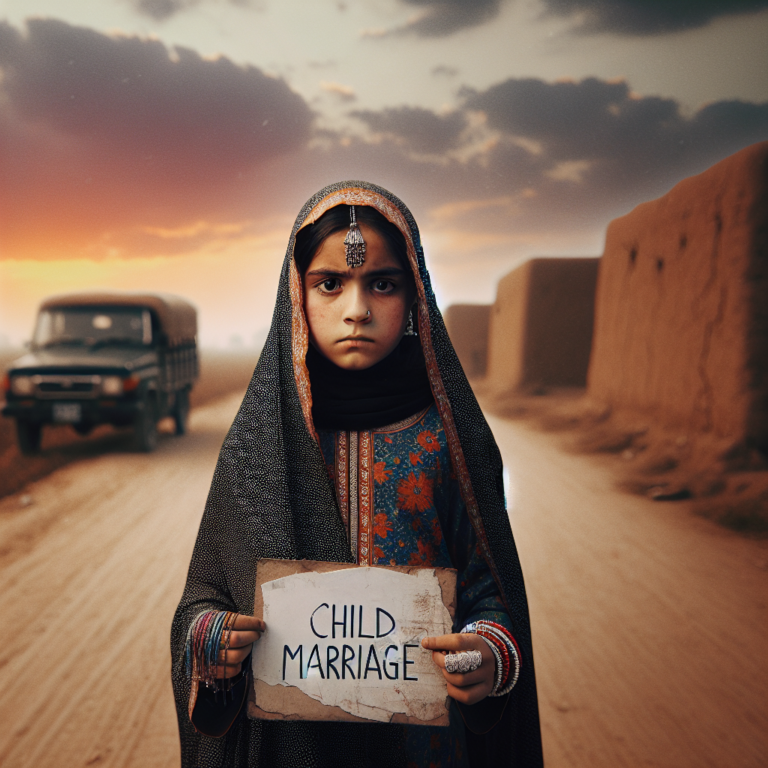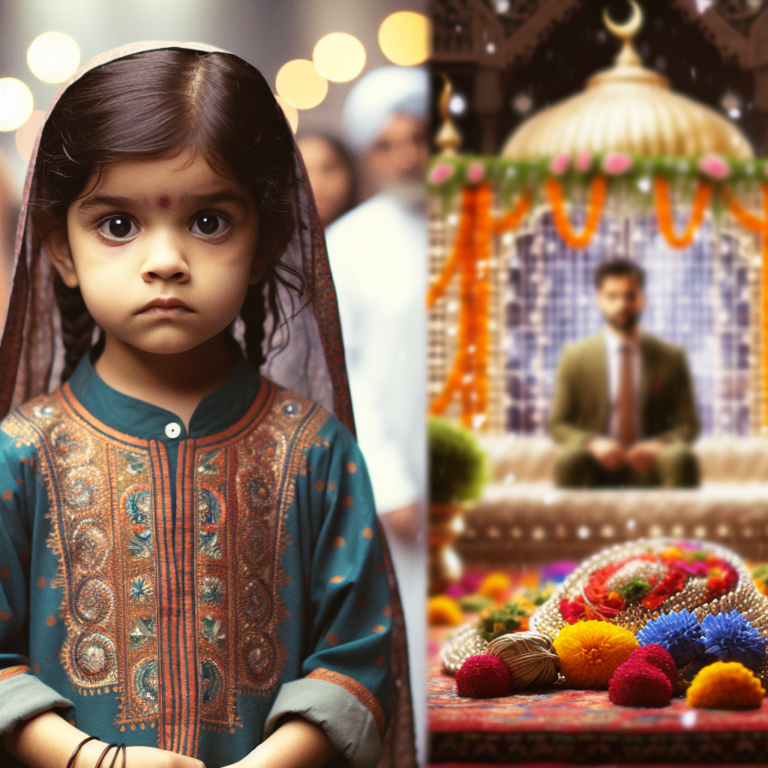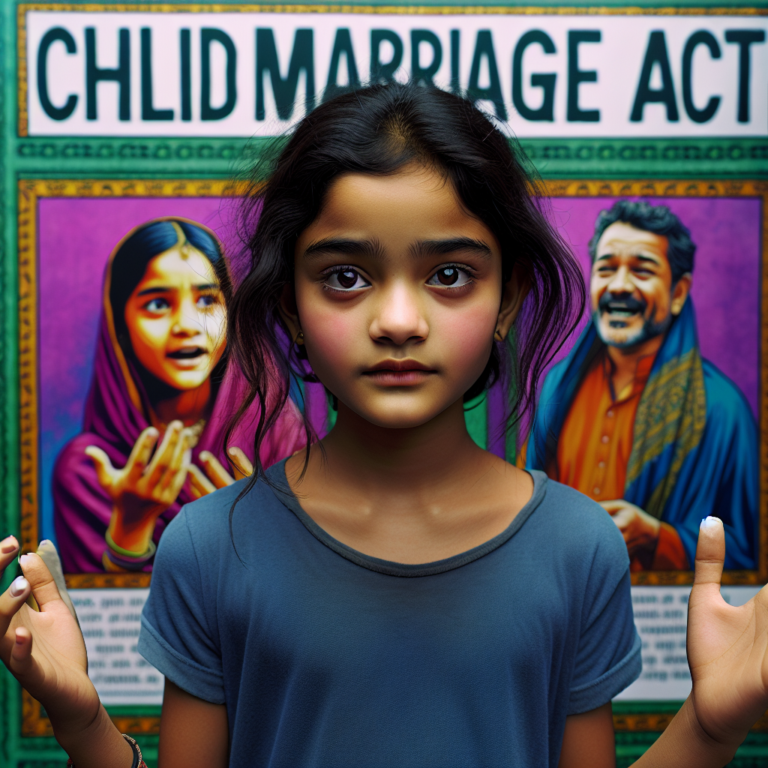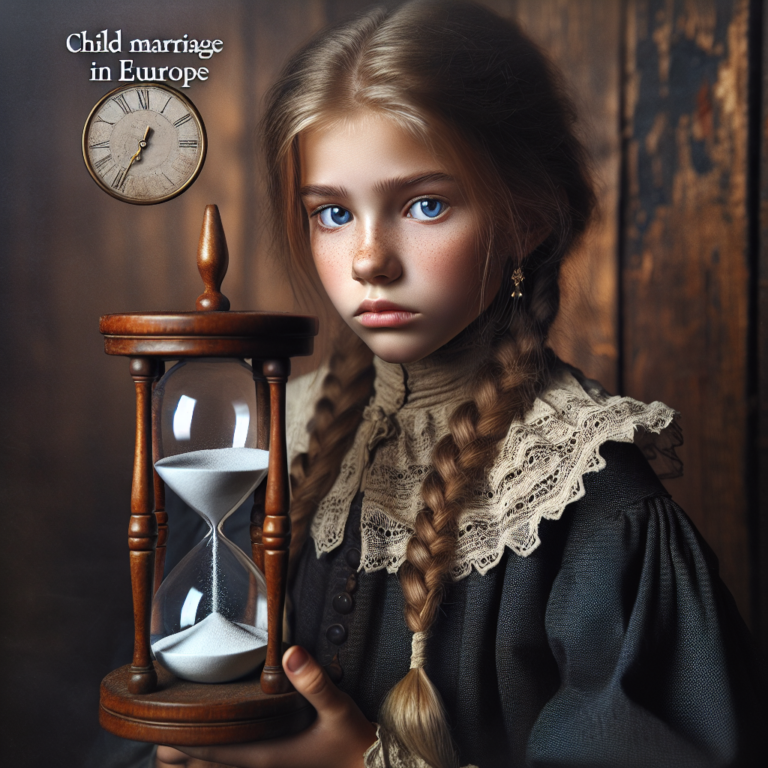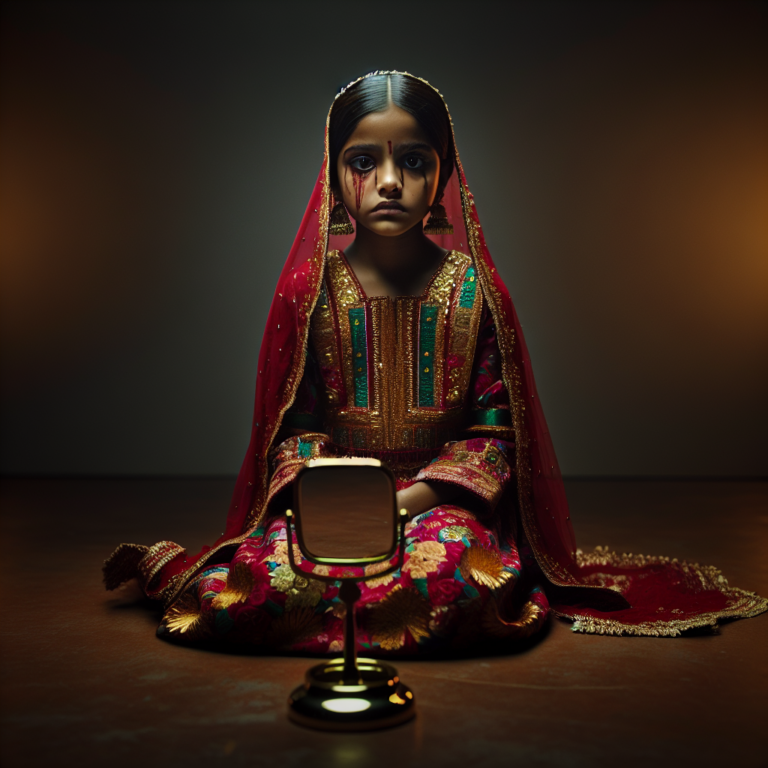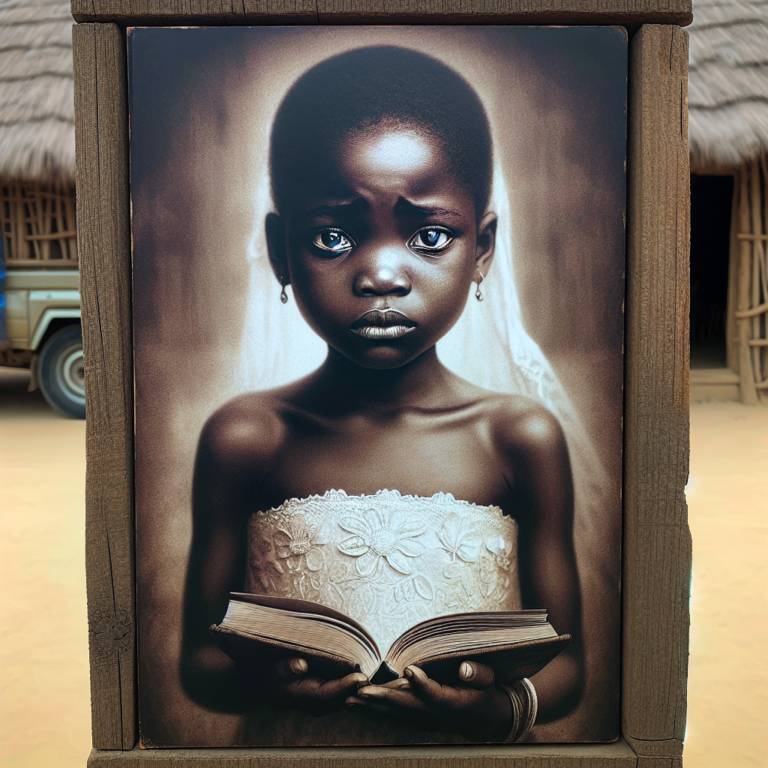ending child marriage
Posted on Tuesday 21st Jul 2020
I recently came across the term “Kairos” – the Ancient Greek for making exactly the right statement at exactly the right moment – and it got me thinking: What are the right actions we should be taking right now to respond to COVID-19 in Africa? Yvette Kathurima Muhia, Girls Not Brides Head of Africa Engagement
We know that girls and women – particularly amongst the poorest and socially marginalised groups – will likely be most affected by the pandemic. We need to work together as a partnership to make sure that girls at risk of child marriage and married girls don’t get left behind during the COVID-19 response and recovery. That’s why we’re compiling regular roundups of resources that may be useful to Girls Not Brides member organisations at this difficult time. These are linked in this series of blogs, and a selection can also be found in our Resource Centre. So far, we have covered the issues of gender-based violence, sexual and reproductive health and rights, economic impacts, girls’ education, human rights in Latin America and the Caribbean, and a feminist analysis of the economic impacts. You can also check out the joint letter we sent to the African Union to urge member states to involve girls and women in their response to COVID-19.
This week – in the belief that times of unprecedented crisis present opportunities for unprecedented action – we highlight resources that showcase opportunities to engage with women and girls in Africa. The resources linked below provide practical recommendations and examples of successful responses that could inform and inspire your work in the region.
Resources
African women respond to COVID-19, FEMNET
FEMNET launched this online hub in conjunction with other African women’s rights organisations to share critical information and resources concerned with COVID-19 in Africa, from a gender and feminist perspective. With #DignifiedResponse, FEMNET is equipping activists with recommendations and analysis to influence policy makers and ensure that responses at the national and regional level are informed by women’s and girls’ lived experiences and realities. It also documents the voices of African teenage girls during the COVID-19 pandemic. The hub is available in English and French.
South Sudan: Including persons with disabilities in your COVID-19 GBV response, OCHA
This “tips sheet” highlights the risks and barriers that women and girls living with disabilities face during the COVID-19 response. It provides ideas of practical actions for gender-based violence (GBV) practitioners to integrate attention to disability into their GBV prevention, risk mitigation and response efforts. It focuses on South Sudan.
Analyse rapide du genre – COVID-19. Afrique de l’Ouest, CARE
This rapid gender analysis highlights the impacts of the pandemic on women’s access to resources, health care, representation and participation in formal decision-making processes, as well as the uneven burden of care and increases in sexual violence they face. Despite these challenges, CARE finds that women and young girls and boys have also drawn on and developed capacities and strategies to respond to COVID-19, and in some cases have strengthened their socioeconomic standing. As well as contributing to a better understanding of the gendered impacts of COVID-19, this report also offers practical recommendations for direct responses and advocacy to support those operating in the region.
Powerful female role models inspire girl students; they will not let COVID-19 hold them back, Global News Network Liberia
“COVID-19 may have closed schools but it hasn’t stopped the ambition of [girls] across Liberia to change their lives and to reach for better opportunities.” This article highlights how the Liberian Education Advancement Programme (LEAP) is working with remote learning and female role models – from teachers to healthcare workers and presidents – to inspire girls to continue learning. This is also part of their strategy to address adolescent pregnancy and child marriage.
Sierra Leone: Innovative sexual health app to help prevent surge in teenage pregnancy due to COVID-19, Save the Children
Technology has become a near essential resource during the restrictions and curfews implemented in response to the pandemic. In Sierra Leone, Save the Children worked with young people to create an interactive game which not only provides vital information about safety protocols to prevent COVID-19 but also provides information on sexual health.
Women’s Leadership in COVID-19 responses, CARE
This report flags the absence of women in decision-making processes related to COVID-19 responses around the globe, with short- and long-term consequences for whole communities. It provides recommendations to governments, donors and international non-governmental organisations to promote the active engagement of women at all levels and thus ensure their actions are effective and responsive to the needs of women and girls.
